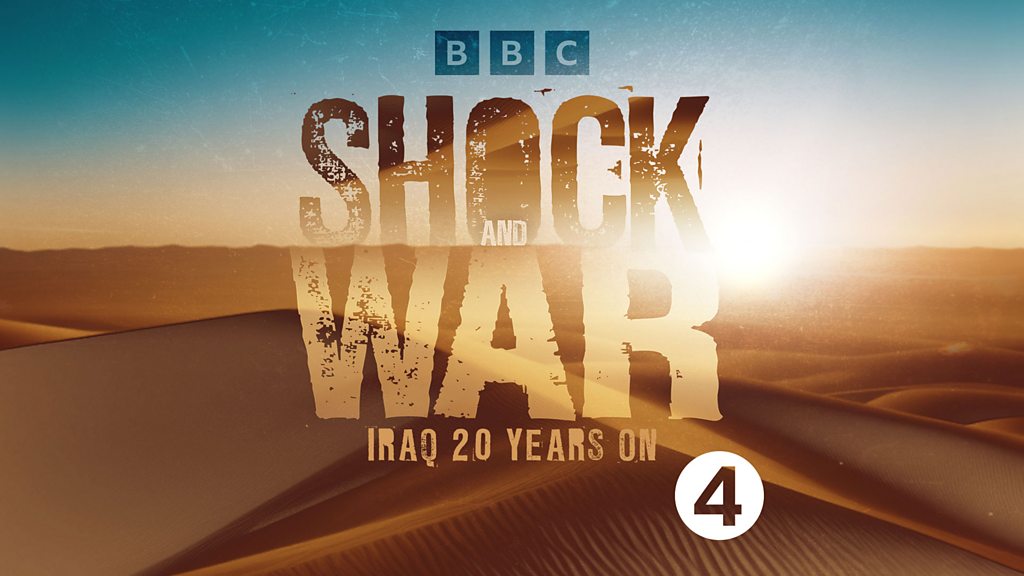Shandypants
Well-known member
Half way through this excellent series on BBC sounds. Compelling stuff, I'd highly recommend listening to it. The road to war is a shocking example of the US blatantly using lies and propaganda to fulfill its strategic aim, what I find alarming is how its quickly swept under the carpet and forgotten how they've acted in Vietnam, Iraq and Afghanistan. Blair in my opinion was a victim of his own ego, he was so desperate to be at the top table he got swept along with this.
America the good guys, not in my book.

 www.bbc.co.uk
www.bbc.co.uk
America the good guys, not in my book.

BBC Sounds - Shock and War: Iraq 20 Years On - Available Episodes
Listen to the latest episodes of Shock and War: Iraq 20 Years On on BBC Sounds
